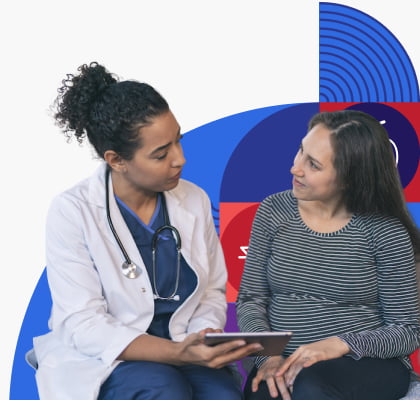
If you’re pregnant or planning to get pregnant, ask your doctor or midwife about your risk for preeclampsia — also called toxemia. If you’re at high risk, the doctor may recommend that you take a low dose of aspirin while you’re pregnant to help prevent preeclampsia.
Preeclampsia is a health problem that some people develop after about 20 weeks of pregnancy. Preeclampsia is usually mild, but it can be dangerous and even deadly for both a pregnant person and their baby.
Many people who have preeclampsia don’t feel sick. The main sign of preeclampsia is high blood pressure. It’s important to get regular checkups during pregnancy so your doctor or midwife can check your blood pressure.
Am I at high risk for preeclampsia?
Most pregnant people aren’t at high risk for preeclampsia.
You’re at higher risk for preeclampsia if you:
- Had preeclampsia in a previous pregnancy
- Are carrying more than 1 baby
- Have chronic (long-term) high blood pressure
- Have type 1 or type 2 diabetes, kidney disease, or certain autoimmune diseases
You may also be at risk if you:
- Are pregnant for the first time
- Have obesity
- Have a family history of preeclampsia
- Are African American
- Are age 35 years or older
What do I ask the doctor?
When you visit the doctor, it helps to have questions written down ahead of time. You can also ask a family member or friend to go with you to take notes.
Print this list of questions and take it with you to your next appointment.
- What are my blood pressure numbers? Are they normal?
- Am I at high risk for developing preeclampsia?
- If I develop preeclampsia, how could it affect me and my baby?
- Do you recommend that I take low-dose aspirin to help prevent preeclampsia?
- What are the risks and benefits — for me and my baby — if I take aspirin to prevent preeclampsia?
- What else can I do to have a healthy pregnancy?
